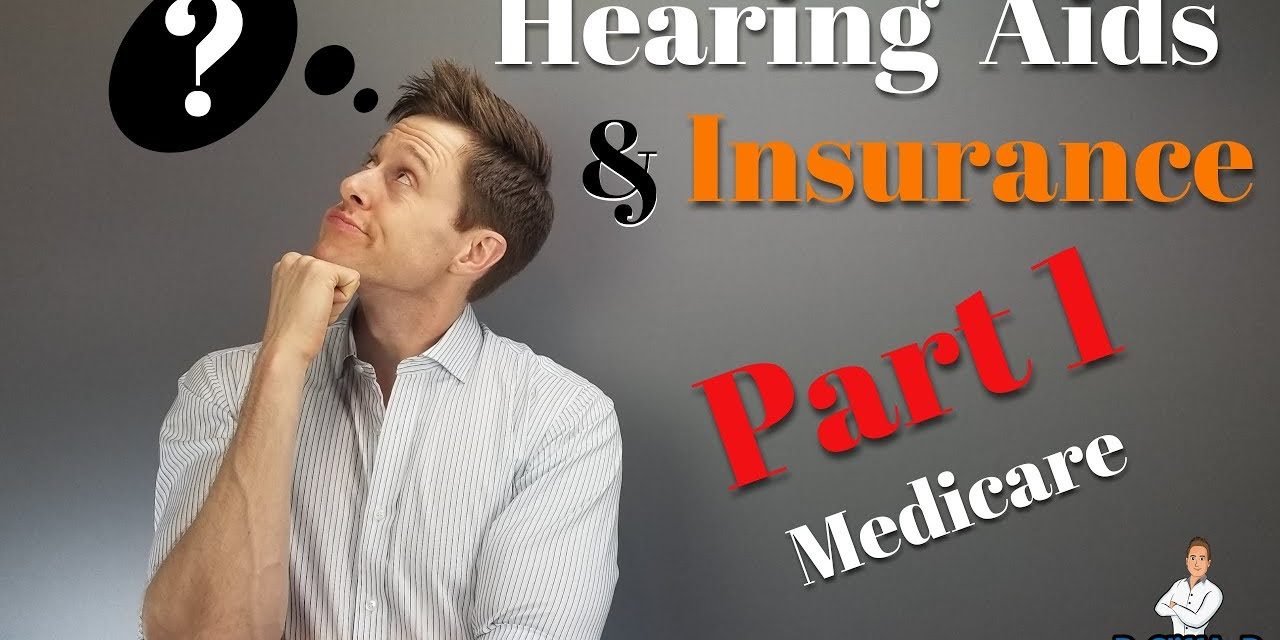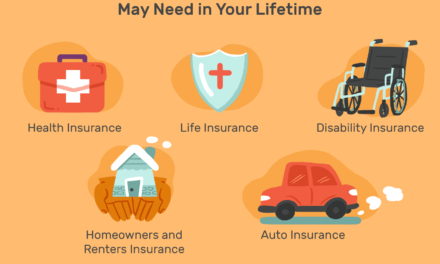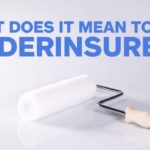People often find themselves asking various questions. Do insurance plans cover hearing aids? It is an excellent example of such a question. Life has a way of surprising us, and it is usually when we least expect it. That’s why your health would be perfect today but change the next minute drastically. For instance, your doctor may diagnose you with a hearing problem. Under such circumstances, one of the possible prescriptions is hearing aids. When it happens, you can’t help but wonder whether it is possible to get any financial assistance buying a pair. After all, one must admit that these hearing devices are relatively expensive.
Besides buying, worries about hearing aids don’t end there. Their complex technology also makes them prone to frequent damage. That introduces the issue of repair and replacement sooner or later. Under such circumstances, one thing likely to cross your mind is insurance. However, is that even an option to start with? That’s what this article is all about. It discusses what to expect when dealing with hearing aids as far as insurance is concerned. So, let’s read on to determine whether insurance plans cover hearing aids.
Why Do People Consider Insurance Plans to Cover Hearing Aids?
The previous section has already highlighted why people in need of hearing aids won’t hesitate to look for an insurance plan that covers the same. The first one is the fact that it is expensive. Did you know that a pair of hearing aids can cost thousands of dollars? Yes, and that explains why up to 75% of patients whose doctors have advised to have hearing aids have yet to start using them. So, what makes them so expensive? That’s a good question, given how minute the devices are.
Nevertheless, despite the small size, the technology used is quite advanced, thus making the devices quite expensive. In addition to that, the experts who test and fit hearing aids are highly paid. Due to this situation, the end product becomes expensive.
Besides being expensive, experts who know how to fix and test them are also quite expensive. So, the burden of buying and fixing hearing aids has become so huge, especially for low-income earners. Do you see why this is one of the frequently asked questions on insurance? There is also the issue of common damages as far as hearing aids are concerned. Once there is damage, it goes without saying that a repair or replacement will follow. Again, neither repairing nor replacing hearing aids is cheap. Consequently, any financial assistance under such circumstances would be highly appreciated.
So, Do Insurance Plans Cover Hearing Aids?
Whereas people would wish to have an insurance plan that covers hearing aids, whether it is possible or not remains a mystery to many. Fortunately, this section ensures that you know the answer to this million-dollar question.
It is important to note that your insurer will determine whether the insurance plans cover hearing aids. There are four main health insurance providers. Here is a discussion of what to expect from them as far as hearing care coverage is concerned.
1. Medicare
The annual wellness visit is entitled to individuals with Part B Medicare coverage. For one to benefit from the same, the coverage should have existed for more than a year. It also covers a hearing test as long as a medical practitioner or doctor will order it. However, it is important to note that it won’t cover counseling following a hearing test. Additionally, it won’t cover hearing aids. It covers the surgery, and any other follow-up appointment associated with the cochlear implant but not the hearing aids. Most older people go for Part C, often referred to as Medicare Advantage. Most of them cover hearing care. Others have an option of covering the same at an additional cost.
2. Veterans Administration
First of all, this is only an option for military veterans. It covers their hearing aids and audiology services at a low cost, if not absolutely free. However, it also has its limitations. For instance, one’s predefined hearing loss should have been minimum. In addition to that, the hearing loss should have been caused by the veteran’s active service.
3. Medicaid
This plan will most likely cover the cost of hearing aids if one is an adult. On the other hand, it is mandatory for the plan to cover the cost if the patient is a child. The coverage limit differs from one insurance to the other. Many states offer this coverage, no doubt. Unfortunately, finding a facility to accept Medicaid is often a daunting task.
4. Private Health Insurance Providers
Private insurers also offer hearing care coverage, but the number is also small. As far as the American Speech-Language-Hearing Association, usually abbreviated as ASHA, some laws govern private insurance covers for hearing aids. They include;
Hearing Aids for Children
These states require that the insurers pay hearing aids for the kids by law.
- Colorado
- Georgia
- Louisiana
- Maryland
- Minnesota
- New Jersey
- North Carolina
- Oregon
- Texas
- Tennessee
- Wisconsin
- Oklahoma
- New Mexico
- Missouri
- Massachusetts
- Maine
- Kentucky
- Delaware
Hearing Aids for All
On the other hand, the following states are required by law to pay for hearing aids for everyone regardless of age;
- Rhode Island
- New Hampshire
- Illinois
- Connecticut
- Arkansas
Conclusion: Do Insurance Plan Cover Hearing Aids?
The answer is yes or no depending on your health insurance plan from our discussion. For instance, private insurers will most likely pay for hearing aid evaluations and hearing tests. Some will go further to pay the cost of hearing aids. As for the Medicare Part B plan, don’t expect the coverage of hearing aids. As a matter of fact, it doesn’t even cover hearing aids evaluations or any other diagnostic hearing test unless ordered by a doctor. Medicaid plans usually cover hearing aids for kids. Most of them also cover hearing aids costs for adults. With that at your disposal, choosing the right insurance plan becomes easy. Remember that FindMyQuotes has what it takes to make the experience even easier.











Recent Comments